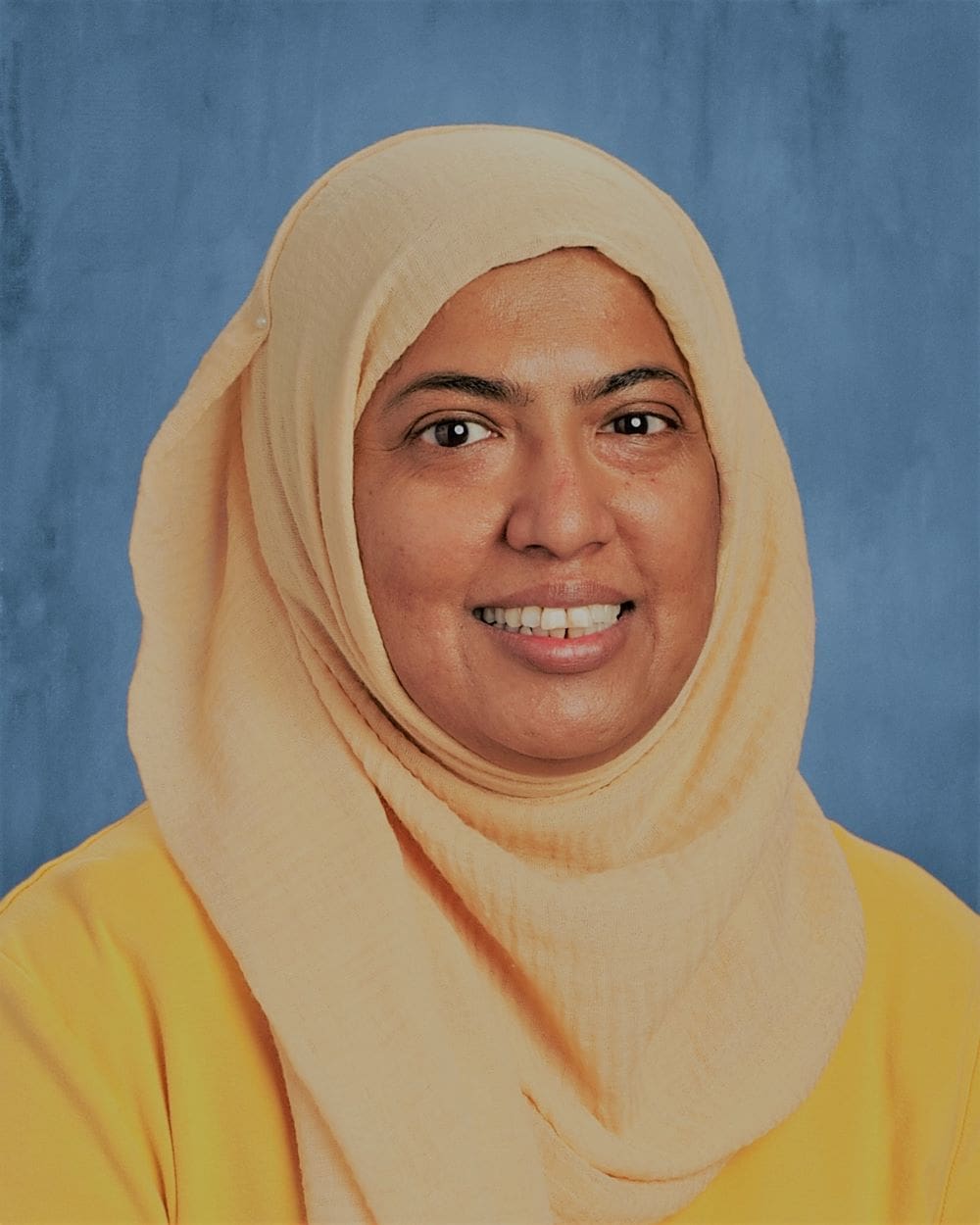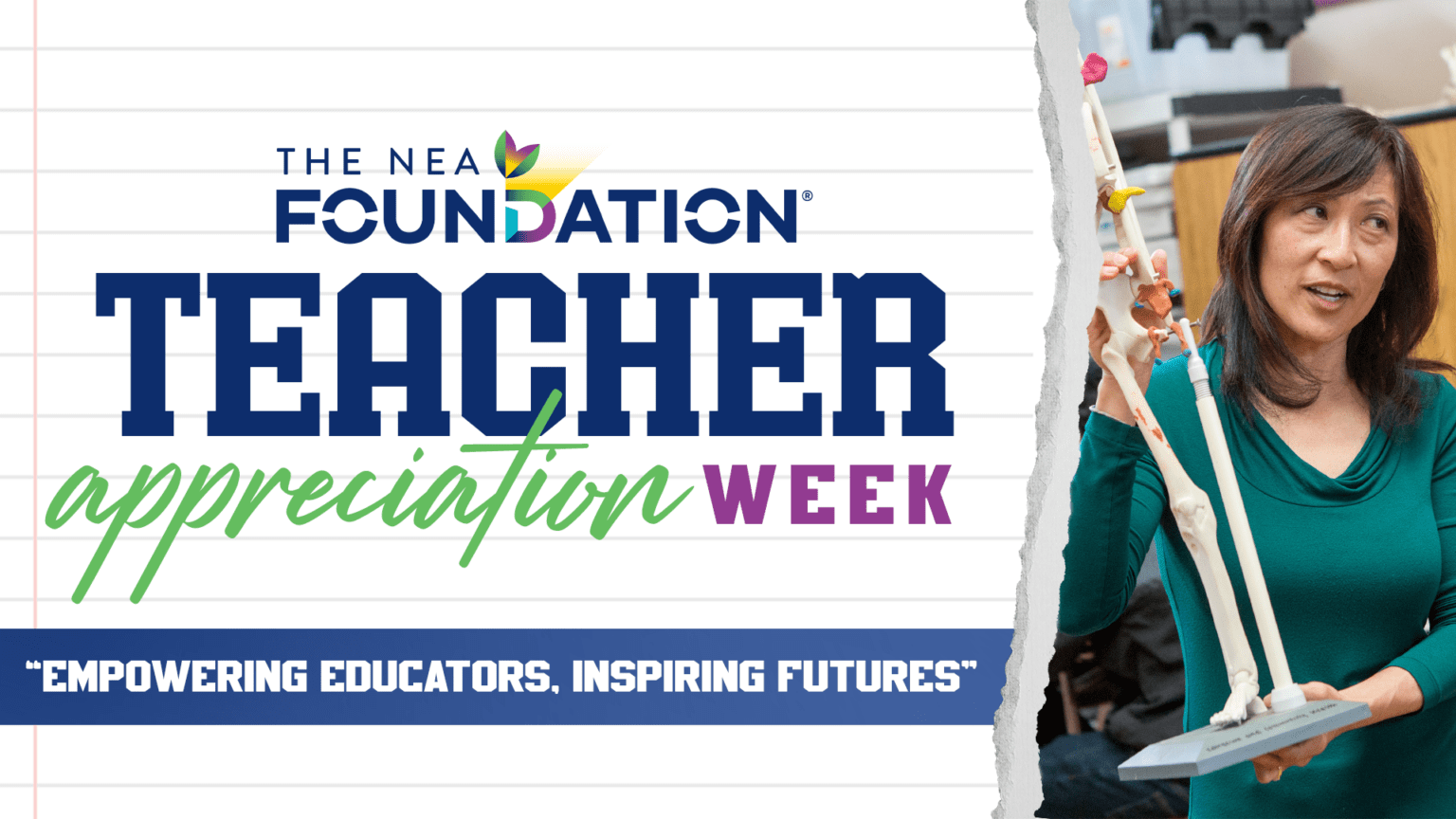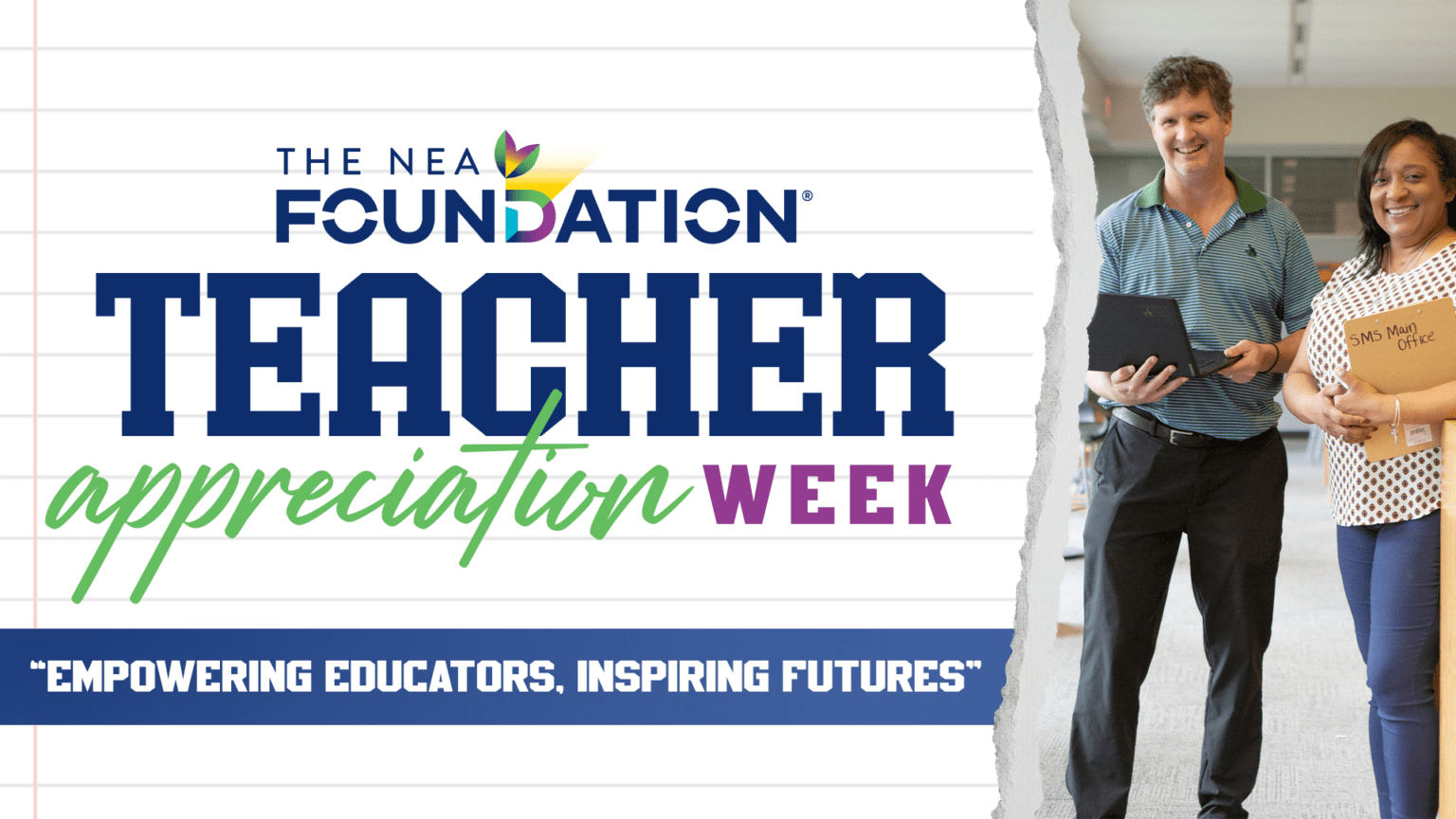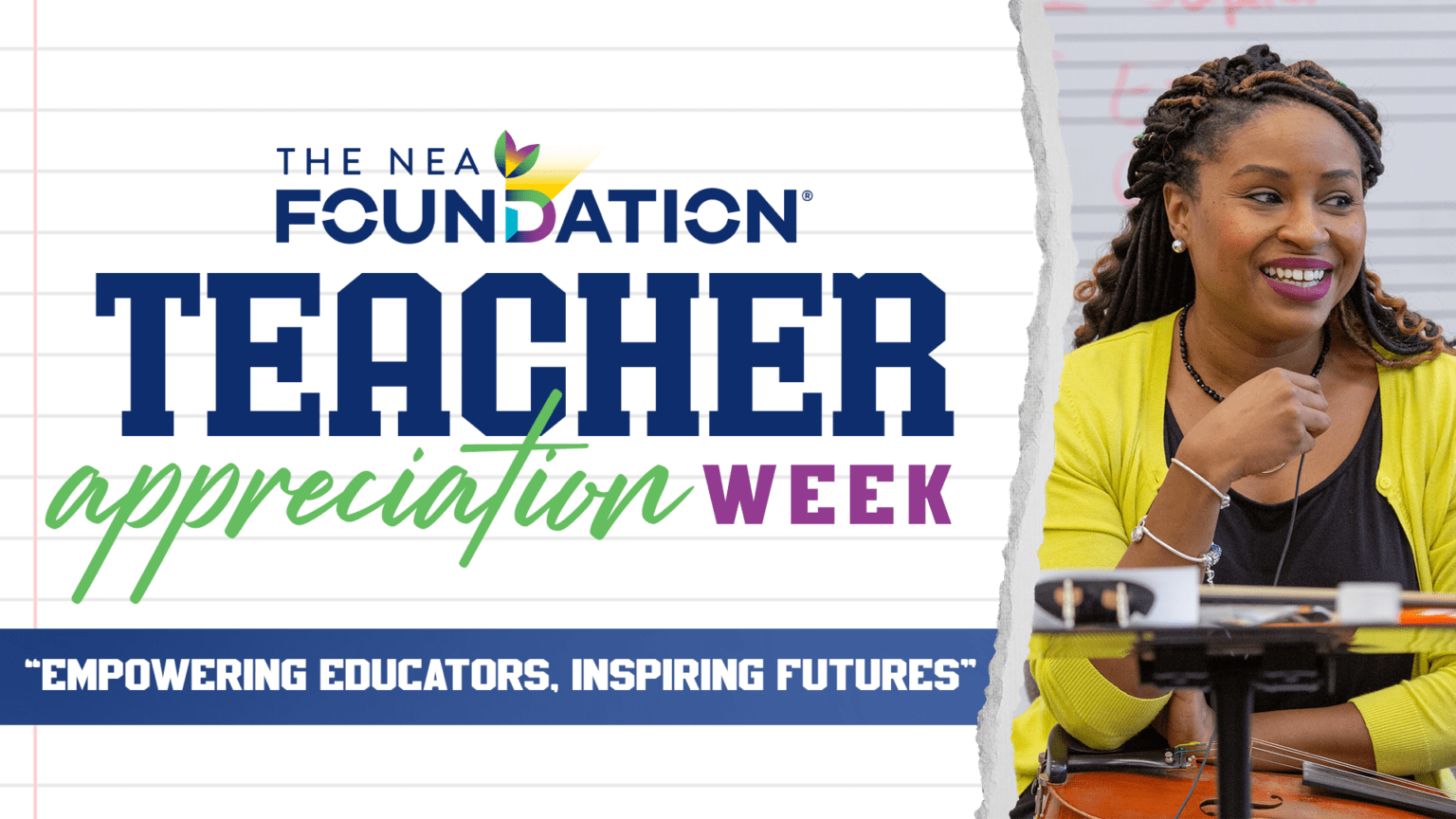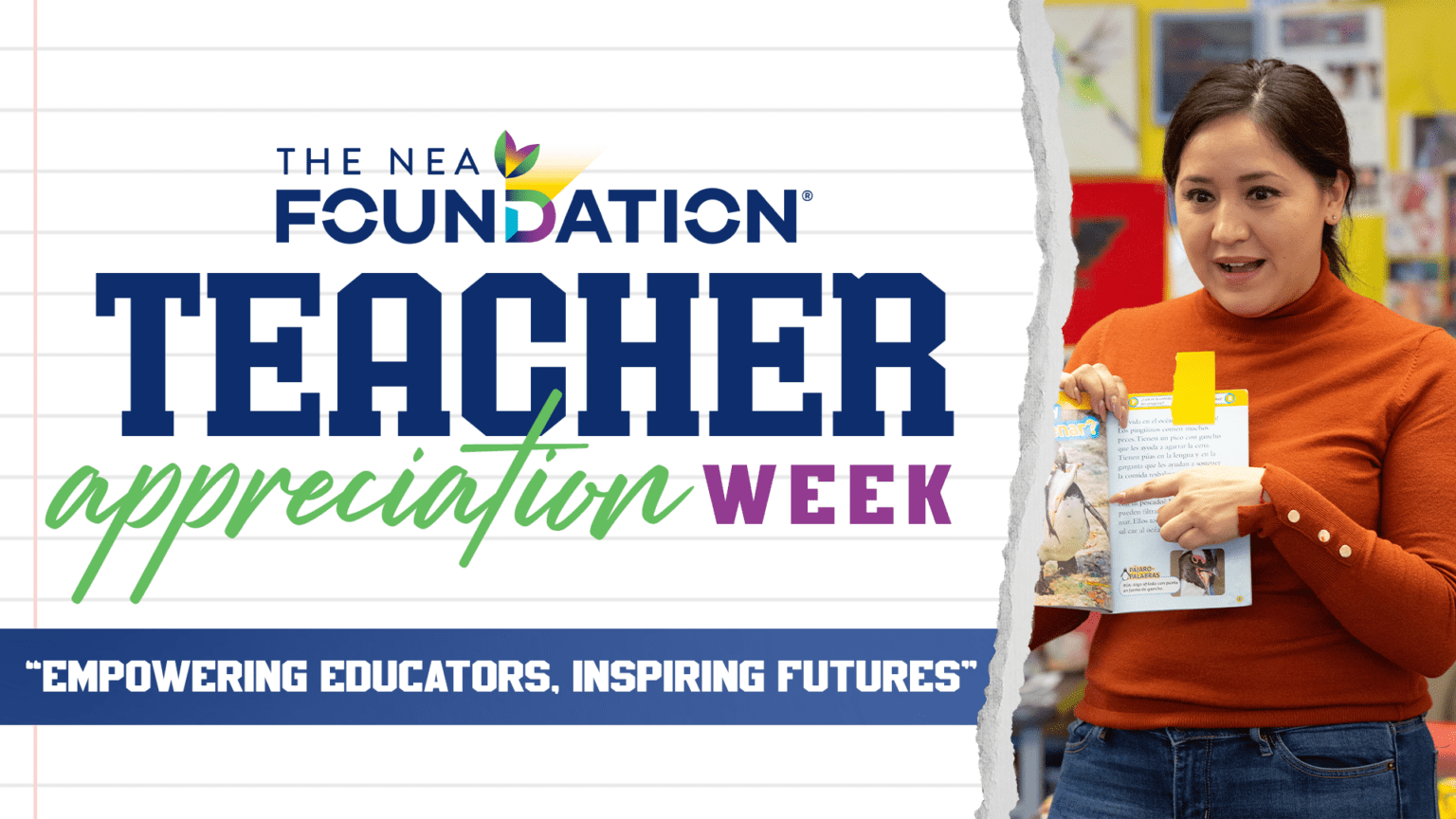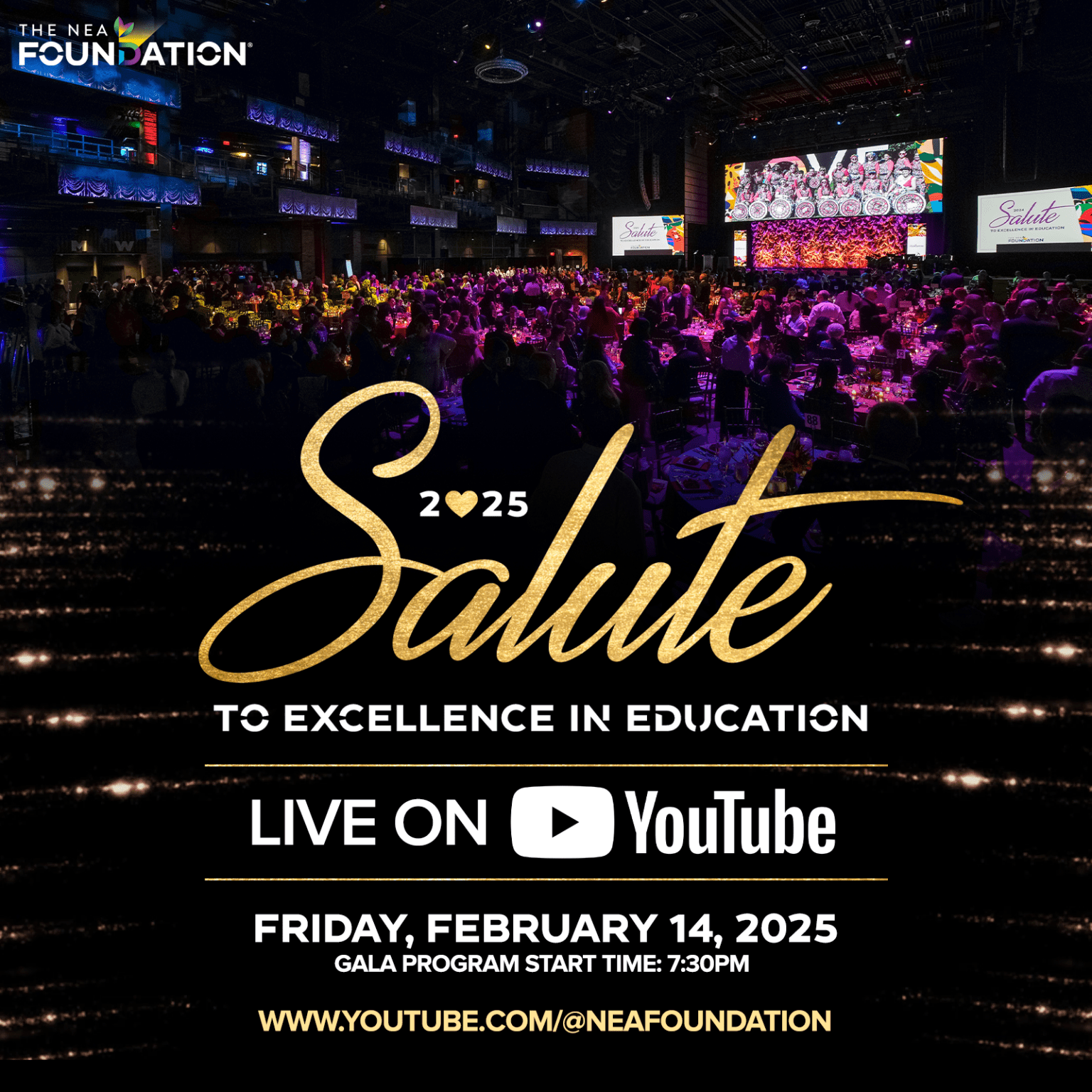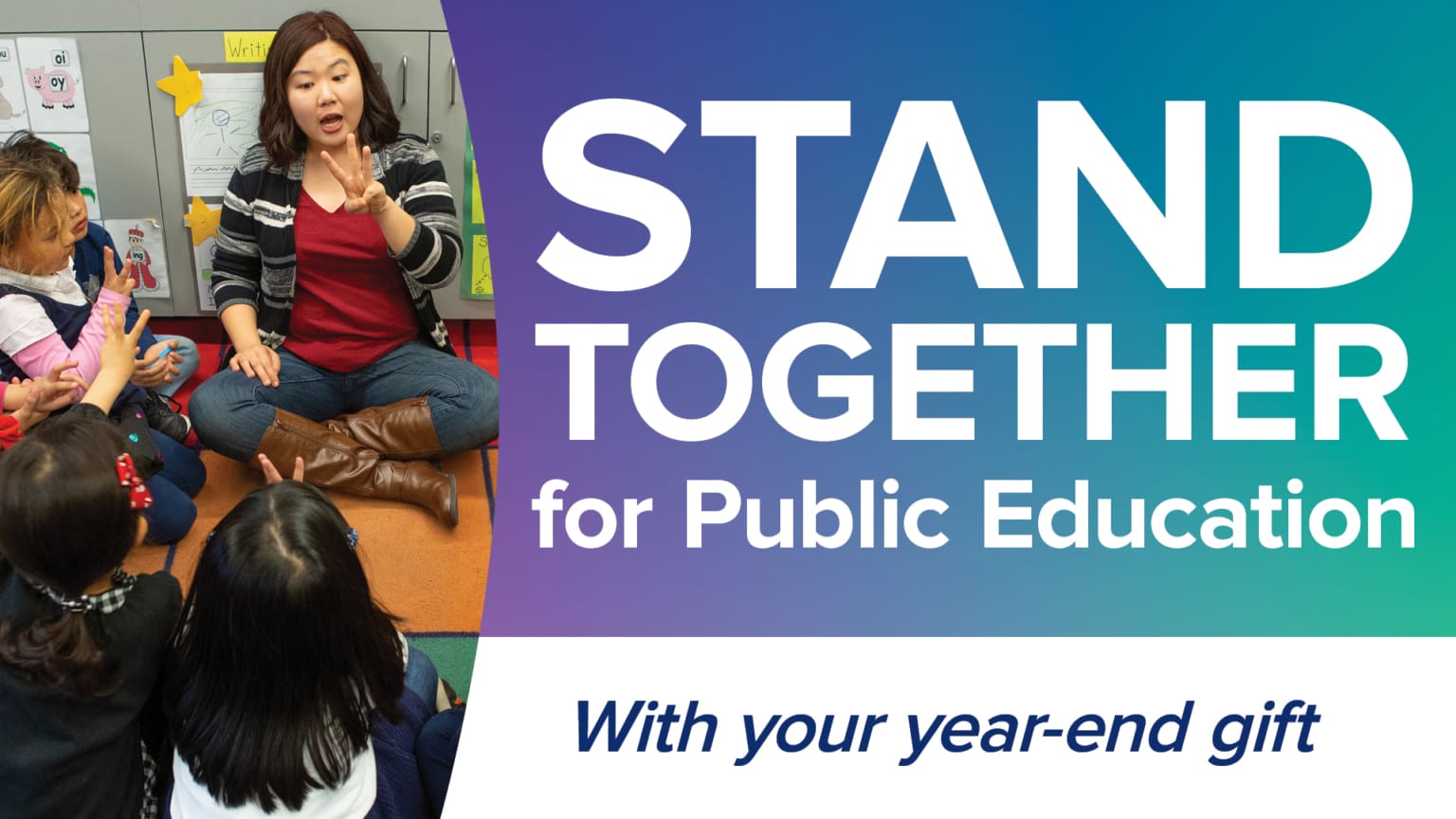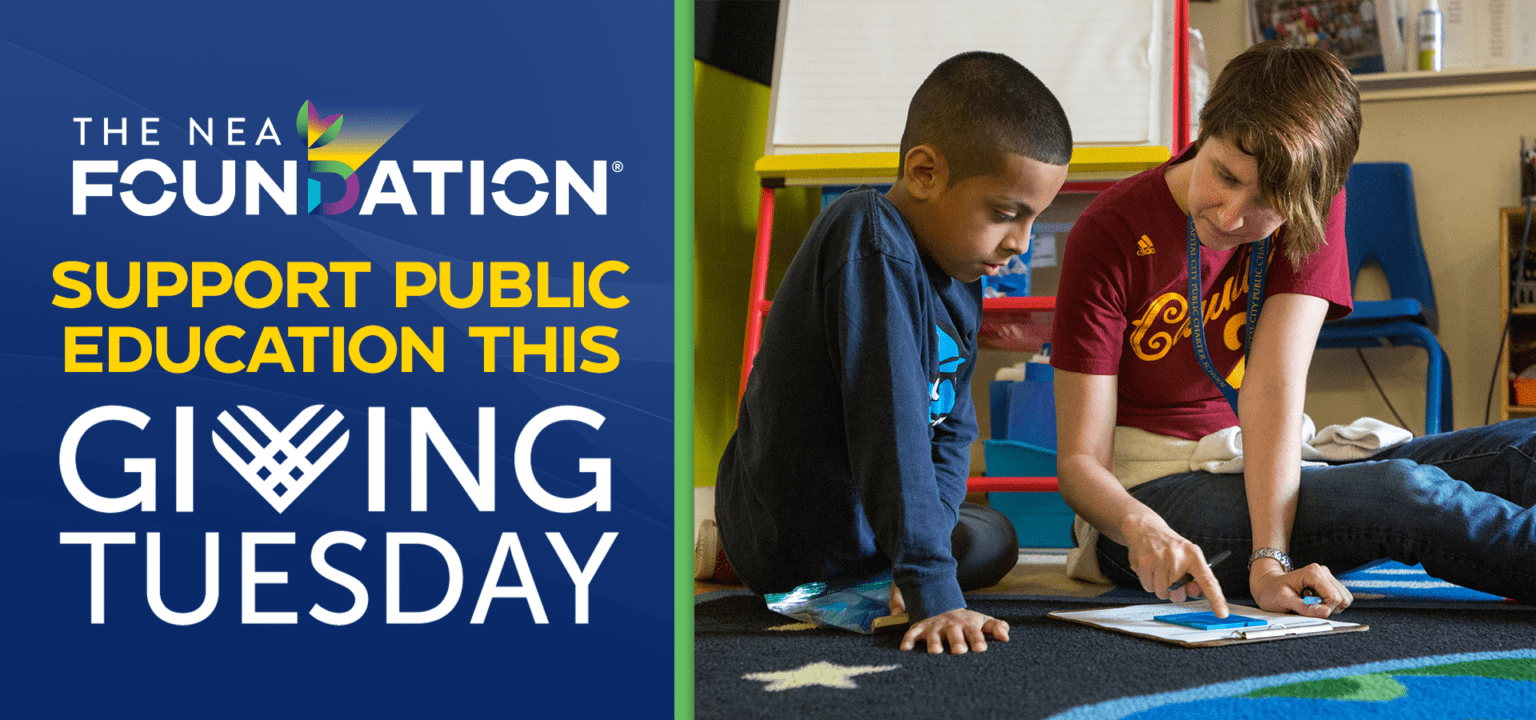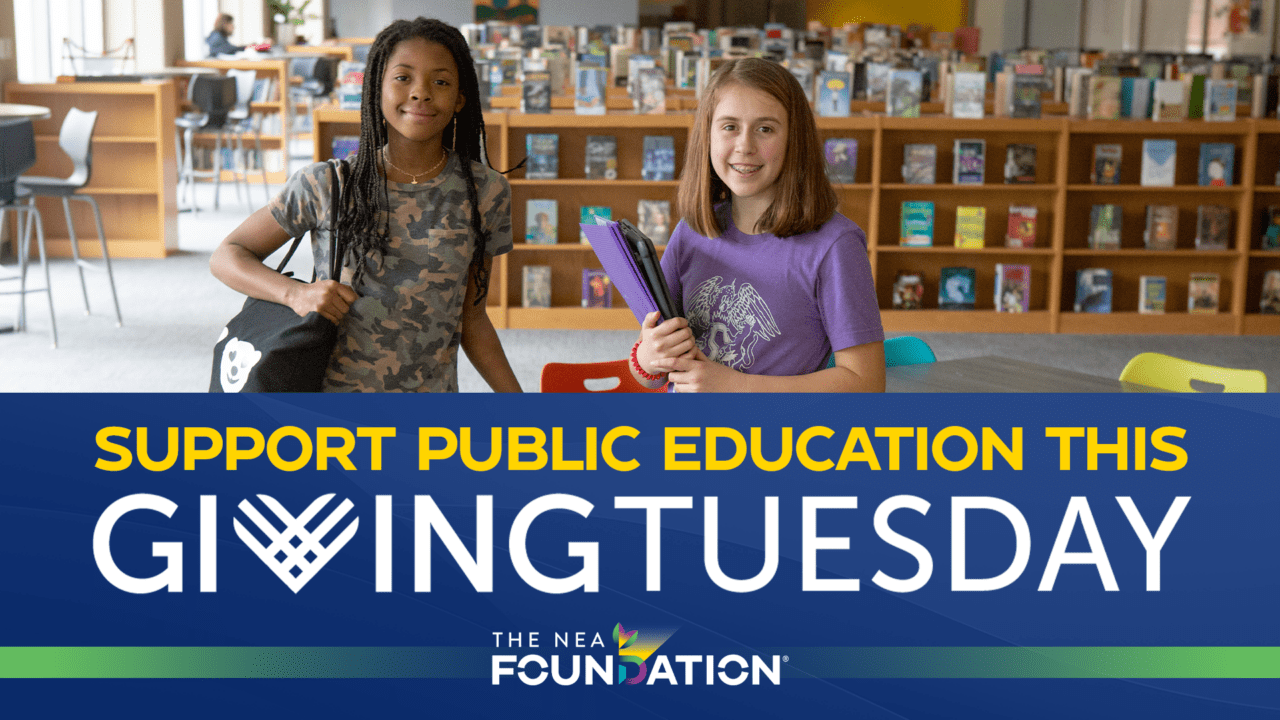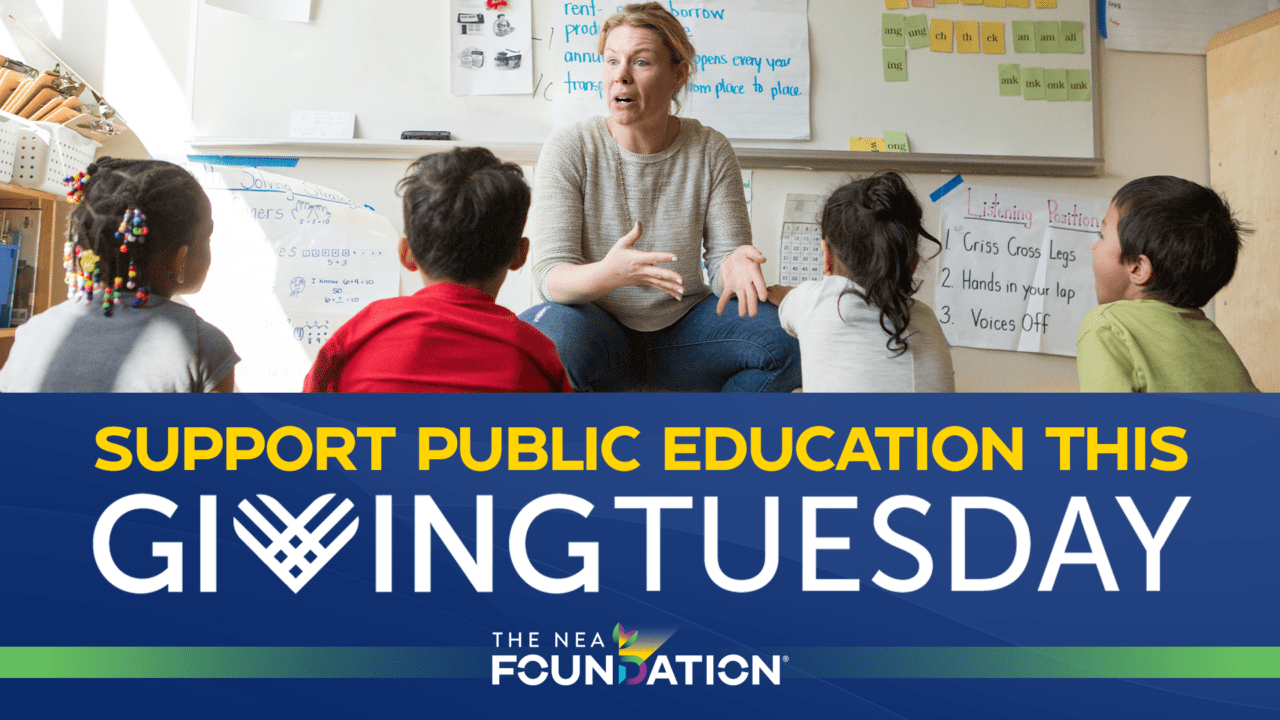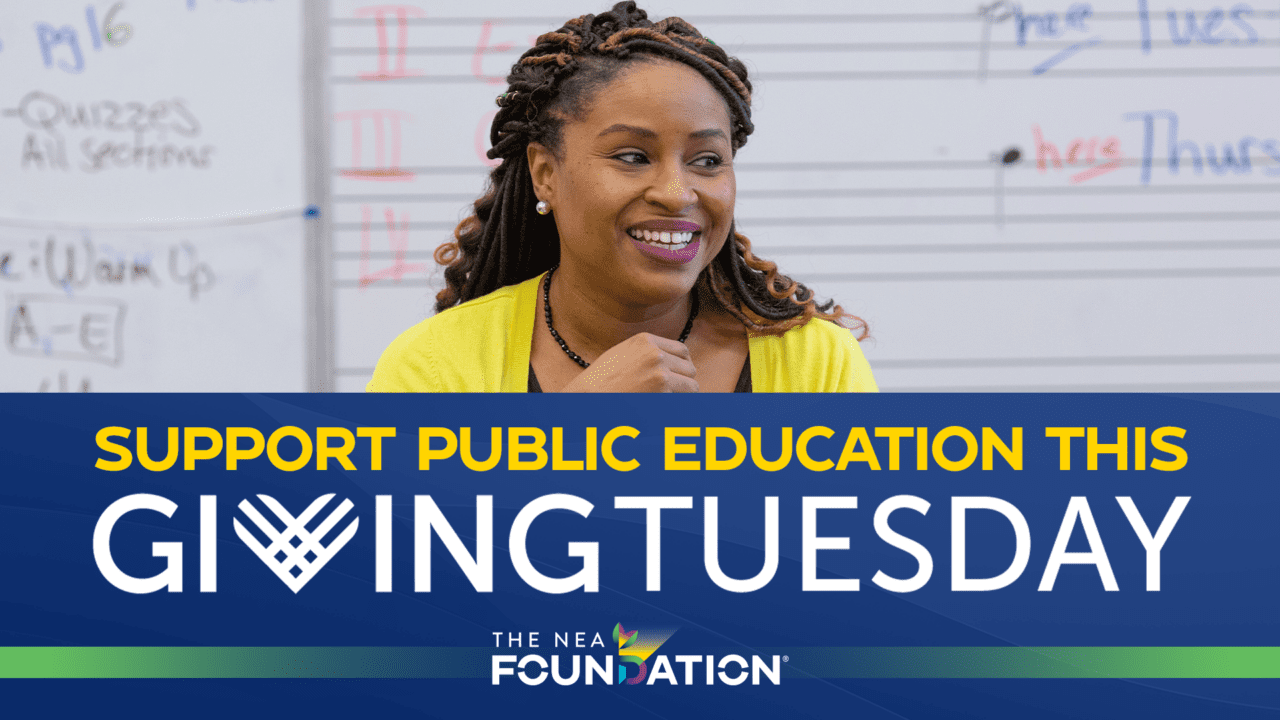Saba Moin is an elementary school educator in Florida, and a member of the Global Learning Fellowship’s 2024 cohort. The below post was originally published on her blog, Go Global Saba.
In August, I received some truly wonderful news. I have been selected for The NEA Foundation Global Learning Fellowship for 2023-24. The news came as a surprise, and I was overwhelmed with excitement. This fellowship is an incredible opportunity to develop my skills and integrate global competency into my classroom instruction to help students thrive. Here, I want to share my journey towards becoming a Global Learning Fellow and what this fellowship entails.
As a part of my fellowship, I attended The NEA Foundation Global Learning 2023 conference in Washington, D.C., which was a transformative experience for me. It was a two-day event that brought together NEA Foundation GLF fellows to share knowledge, ideas, and experiences in the field of education. The conference focused on global learning and how it can be integrated into education systems around the world. Through various workshops, panels, and keynote speeches, GLF fellows gained valuable insights into the importance of global education. I received my invitations and itineraries for the conference at the beginning of September. I was super excited to meet with my fellow participants with whom I interacted through our webinars, Facebook, and WhatsApp groups.
A day before the conference, I took an early morning flight to Washington, D.C., to get enough time to explore the great museums in Washington downtown and meet the other GLF fellows. I met with Michelle in the lobby of The Darcy Hotel and immediately felt connected with her. It was so exciting to put names to the faces now. Michelle and I decided to explore the neighborhood. The highlight of the weekend was the opportunity to connect with other educators who are just as passionate about global competency as I am. I met educators from all over the United States and beyond, each with their unique perspectives and experiences to share. We got time to explore Washington together while we exchanged ideas, stories, and strategies for best integrating global competency into our classroom instruction.
The first day of the conference started with a hearty breakfast and welcome notes from Sara Sneed, The NEA Foundation president & CEO, and Isabelle Cooksey, the Global Learning Fellowship program officer. Both emphasized the importance of global learning and its impact on students. They also discussed the Foundation’s vision to create a more equitable and interconnected world through global education. I was touched when Sara Sneed stated that education is a powerful tool to create empathy, understanding, and peace in the world.
The icebreaker activity led by Luke and David was an excellent way to kickstart the session, as it involved active participation from everyone. This activity was followed by a presentation by Dr. Shanna L. Peeples, the Dr. John G. O’Brien Distinguished Chair in Education at West Texas A&M University and the 2015 National Teacher of the Year. She reflected on the power of storytelling for leadership and advocacy in global learning. Dr. Peeples shared her personal experience of teaching in a diverse classroom and how storytelling helped her connect with her students and create a sense of belonging. She also emphasized the importance of listening to the stories of others and using them as a tool for understanding different perspectives.
Our second keynote speaker was Dr. Fernando Reimers, a Ford Foundation Professor of the Practice of International Education and Director of the Global Education Innovation Initiative. He discussed the importance of empowering global citizens at this moment in history – responding to the COVID-19 pandemic, the relationship between equity and global competency, and the future of learning. Dr. Reimers highlighted the need for education systems to focus on developing global competencies such as empathy, collaboration, critical thinking, and academic knowledge. He also highlighted the role of institutions in improving society by elevating the standards and aligning the curriculum around the United Nations Sustainable Goals. I was so happy to receive a copy of Dr. Reimer’s book “Educating Students to Improve the World”: This book delves into how education can address global challenges and promote social change.
Later this afternoon, we were grouped by subject and grade level and met our mentors to discuss the capstone project. I was so thrilled to meet with my group and mentor, Luke Merchlewitz. Luke was an elementary teacher in Minnesota and has been teaching for over 20 years. He brought us gifts from his state and shared his passion for teaching with us. We were grateful for his warm welcome and excited to begin working on our project. He was knowledgeable and gave us valuable insights and suggestions for our capstone project. We named our group the Primary Squad, which includes Beth, Brook, Keke, and Erin. As we continued our discussions, we realized that our projects were interconnected in some way. We all wanted to create a curriculum that would engage our students and help them think critically about the world around them.
Another exciting aspect of the conference was the panel discussion on the role of global education in students’ learning. The panelists discussed how they incorporate global competency into their classrooms and how the fellowship has impacted their practice and leadership.
One of the highlights of the conference was meeting my fellow scholars from Fulbright. They were all incredible individuals who had devoted their lives to making a difference in the world. Talking to them was eye-opening, and it gave me a glimpse of the wonderful things that are possible when we work together towards a common goal.
On the last day of the conference, we received detailed information about our field study in Costa Rica during the summer of 2024. The field study is an exciting component of the fellowship that allows educators to have a first-hand experience of teaching in a different cultural context. I am thrilled to be part of this collaborative project that will surely enhance my personal and professional growth.
Being an NEA Foundation Global Learning Fellow has been an incredible experience for me. The fellowship has pushed me to think more about how I can further enrich my students’ education through the integration of global perspectives. I’m grateful for the opportunity to connect with fellow educators who share my passion and inspire me to continue to grow as an educator. I am excited to embark on my Field Experience in Costa Rica, where I will gain new insights and perspectives and bring that knowledge back to my students and colleagues.
Saba Moin is a second-grade general education educator at Lloyd Estate Elementary School in Oakland Park, Florida. She is a member of the 2024 Global Learning Fellowship cohort.
If you’d like to work with a national cohort of educator peers to grow your own global expertise, then apply to become an NEA Foundation Global Learning fellow! Click here to learn more.

